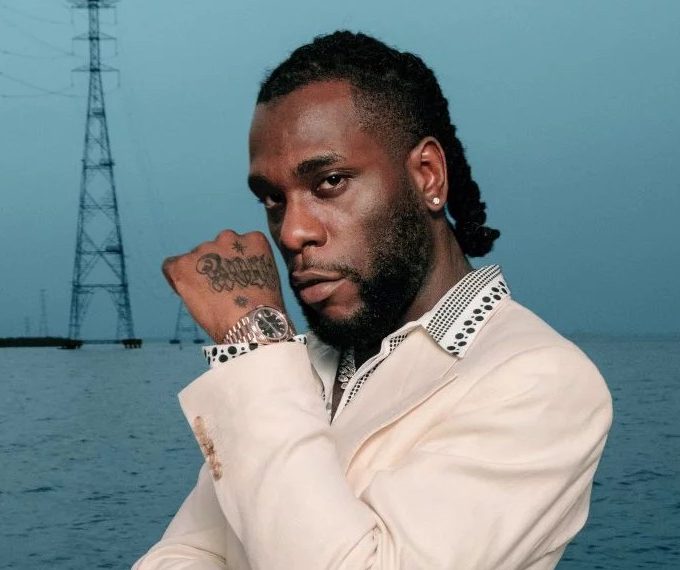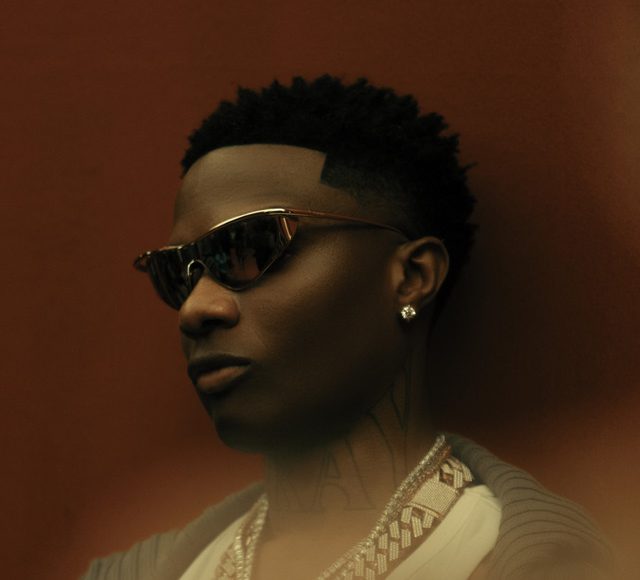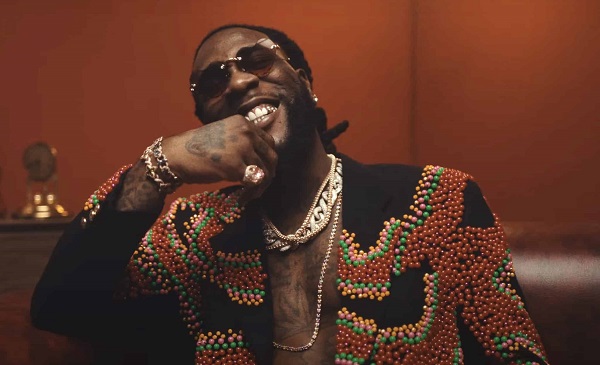
Reviewing ‘A Tribe Called Judah’: Unveiling Love, Family, and Resilience
A Tribe Called Judah: Unveiling a Tapestry of Love, Family and Resilience by Chinalurumogu Eze
“Emeka, ọ kwa i ma na ọ gi bu ọkpara, ihe ọbula i ga-eme ka nne gi nwee diri, mee ya (Emeka, you know you’re the first son. Whatever you’ll do that will save your mother’s life, do it)”. Grandma’s words to Emeka caused a paradigm shift, strengthening his resolve to take action instead of merely observing. In response, he affirmed, “A ma m” (I know), leading him to embark on a heist that altered his life.”
REVIEW – A TRIBE OF JUDAH 4.0/5
A Tribe Called Judah depicts Jedidah Judah’s unwavering love for her sons, emphasizing the enduring support of family in the face of challenges. Funke Akindele skillfully highlights this truth in the film.
Disowned for unwed pregnancy, Jedidah, a single mother of five, bravely navigates life’s challenges. Determined to raise her kids independently, she runs a frugal Nigerian household, facing occasional complications from her boys. Despite struggles, her unwavering love prevails.
The Judah boys—Emeka, Adamu, Pere, Oluwashina, and Ejiro—represent diverse ethnicities. Grandma’s help shapes some with values, while challenges affect others. Emeka and Adamu work legit jobs, but Shina and Pere face troubles, with Ejiro occasionally resorting to street begging. Their deep love for Jedidah emerges prominently during her hypertensive kidney disease crisis.

Akindele’s Cinematic Triumph: The Success and Mastery Behind the Scenes
A Tribe Called Judah stands out as Funke Akindele’s finest work to date, surpassing Omo Ghetto: The Saga and Battle on Buka Street from 2020 and 2022, respectively. Akindele has consistently excelled in telling family-related stories, resonating with audiences and contributing to her box office successes. The movie earned ₦846,460,539 since it’s two weeks release, a testament to Akindele’s strategic release during holidays and effective social media and influencer marketing.
Akindele’s mastery is evident in the film’s compelling storyline, exceptional acting, and emotionally charged scenes that leave viewers immersed in a pool of emotions. The choice of actors, including Timini Egbuson, Nse-Ikpe Etim, and Uzor Arukwe, adds depth to the characters, showcasing their versatility. Especially Etim and Arukwe. Nse-Ikpe Etim plays Colette. Her role as a rude manager who berates Emeka at work with a very funny Nigerian accent. We’ve seen Etim take on roles that show her as this classy, sophisticated and bossy bitch. As Colette, she’s still bossy but without the accent. It was a funny and interesting moment whenever she spoke. Accordingly, Uzor Arukwe does not seize to amuse as a typical Igbo business man. He owns the furniture shop and always calls the manager “Coret” instead of “Colette”. A form of speaking stereotypical of the Igbo tribe of nigeria. He bodied his role as an Igbo businessman.
Furthermore, Akindele’s inclusion of Yoruba and Igbo languages enriches the movie, seamlessly blending the major ethnic groups in Nigeria. She always tries to marry all the three major ethnic groups in Nigeria in her movies and sometimes, more concentration on the Igbo and Yoruba. The use of Igbo in A Tribe Called Judah is commendable, with Ebele Okaro, Jidekene Achufusi, and Uzor Arukwe delivering authentic performances in the language.

In a country where comedic movies thrive, Akindele’s intentional infusion of humor, seen since Jenifa’s Diaries, continues with A Tribe Called Judah. The film promises to surpass one billion naira in the Nigerian box office, further establishing Akindele as a powerhouse in the Nigerian film industry.
WATCH TRAILER
Read: Multichoice: SuperSport Won’t Broadcast AFCON 2023
About The Author
Related Articles
Burna Boy, Rema Lead Nigerian Sweep at Afrima 2026
Nigerian artists dominated the 9th All Africa Music Awards (Afrima), which wrapped...
ByWest Africa WeeklyJanuary 15, 2026Burna Boy, Davido, DJ Maphorisa Lead AFRIMA 2026 Race
Africa’s biggest music awards ceremony is shaping up for an intense contest...
ByWest Africa WeeklyJanuary 10, 2026Wizkid Makes History as Africa’s Most Streamed Artist on Spotify
Wizkid has become the first African artist to surpass 10 billion streams...
ByWest Africa WeeklyJanuary 10, 2026Burna Boy Caps Historic Year as Africa’s Most Streamed Artist on Spotify
Nigerian superstar Burna Boy has ended 2025 as the most streamed African...
ByWest Africa WeeklyJanuary 3, 2026











